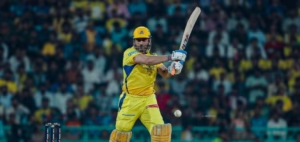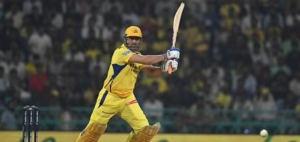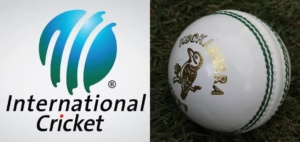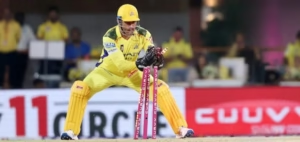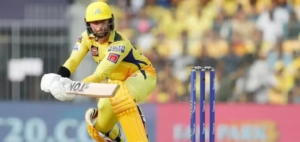ICC Pays Tribute to Sri Lanka’s Historic ODI Series Win Over India
By Aayush Pathak 10 Aug 2024, 14:05 IST
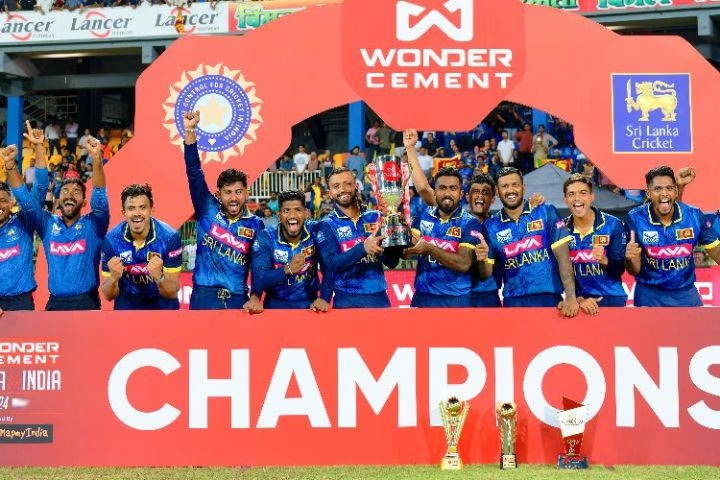

In a heartwarming gesture, the International Cricket Council (ICC) has acknowledged Sri Lanka’s remarkable achievement of clinching an ODI series victory over India after a gap of 27 years. The Islanders’ triumph, which ended a long-standing drought, has been celebrated by the cricketing world.
ICC Draws Parallel
Sri Lanka has clinched its first ODI series victory over India in 27 years, marking a significant milestone in the history of cricket. The last time Sri Lanka triumphed in a bilateral ODI series against India was in 1997 under the captaincy of Arjuna Ranatunga. This time, it was Charith Asalanka who led the team to a 3-0 series win, a feat celebrated by cricket fans and the International Cricket Council (ICC).
The ICC took to Instagram to commemorate this momentous occasion, sharing two photographs that encapsulate the significance of the achievement. The first image features Ranatunga proudly holding the trophy from the 1997 series, while the second showcases the current captain, Charith Asalanka, with the trophy after the third ODI at the R Premadasa Stadium in Colombo. The ICC’s caption read, “The same feeling, 27 years apart,” highlighting the emotional resonance of this victory.
The Series Overview
Sri Lanka’s journey to this historic win came after a disappointing performance in the 2024 T20 World Cup, where they finished with only two victories. Despite suffering a 3-0 defeat in the preceding T20I series against India, the team rebounded spectacularly in the ODIs.
In the first ODI, Sri Lanka set a target of 231 runs, bolstered by half-centuries from Prathum Nissanka and Dunith Wellalage. The match ended in a thrilling tie, showcasing the competitive spirit of both teams. The second ODI saw Sri Lanka post 240 runs, with Jeffrey Vandersay leading the bowling attack with a six-wicket haul, ultimately bowling India out for 208 runs.
The third ODI was a display of Sri Lanka’s dominance as they restricted India to just 138 runs while chasing a target of 249. Dunith Wellalage was the standout performer, taking five wickets for only 27 runs, effectively dismantling India’s batting lineup.
Sri Lanka employed a spin-heavy strategy that proved highly effective against India in this ODI series. Sri Lanka prepared pitches in Colombo that heavily favoured spin bowling. The tracks offered appreciable turn and natural variations for the spinners. This was a calculated risk by Sri Lanka, who were missing some of their first-choice fast bowlers due to injuries.
Sri Lanka won all three tosses and opted to bat first, taking advantage of the best batting conditions. This allowed their spinners to bowl in the second innings when the pitch had deteriorated further.
Stay updated with all the cricketing action, follow Cricadium on WhatsApp, Facebook, Twitter, Telegram and Instagram
You might also like
Recommended to you







